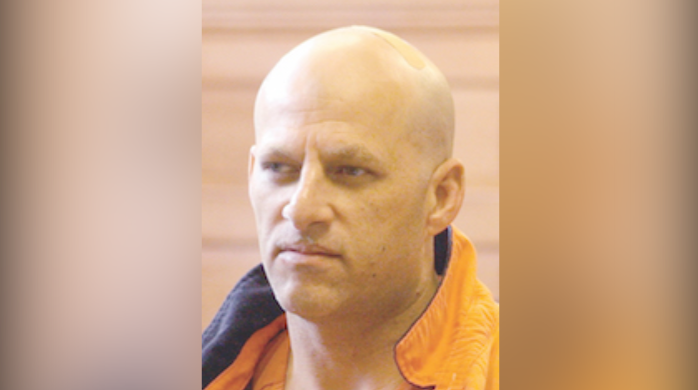Judge won't rule yet on psychologist in Hamad case

WARREN — The judge in the Nasser Hamad aggravated murder case wrapped up procedural issues during a final pretrial hearing today and ruled that it is too soon for him to decide whether a psychologist will be able to testify on Hamad's behalf.
The ruling leaves open the possibility that a psychologist will be able to testify as to whether Hamad fired at five people at his house Feb. 25 because of post traumatic stress disorder.
Hamad’s attorneys filed a motion asking that Dr. James Reardon be allowed to testify that Hamad, 48, of state Route 46 in Howland suffered from PTSD brought on by a fight with the group and from a months-long feud with some of the five.
Jury selection in the trial in Trumbull County Common Pleas Court is set to begin Oct. 11 before Judge Ronald Rice. If Hamad were to be convicted of certain of the crimes, a second phase would begin to determine whether Hamad should get the death penalty.
Prosecutors filed a motion earlier saying that courts have ruled that PTSD testimony is only permitted in cases of battered-woman or battered-child syndrome.
The entry said there is minimal case law available on whether PTSD testimony is admissible in such cases. In any event, Dr. Reardon would not be permitted to offer an opinion on Hamad's claim to have acted in self defense because of PTSD, the judge said.
The judge said the appropriate time to rule on the question would be during the trial.
Judge Rice of Trumbull County Common Pleas Court, who is presiding over the case, also filed judgment entries recently establishing security measures and decorum to be maintained in the courthouse and near the courthouse during the trial.
One order prohibits protests, demonstrations or other gatherings in the courthouse or in a “secured area” around the courthouse.
It also prohibits spectators and news media from congregating in courthouse hallways or conducting interviews in hallways or other parts of the “secured area” of the courthouse. No one will be permitted to enter or leave the courtroom except during breaks.
No signs, banners, messages or clothing will be permitted in the courtroom or “secured area,” and everyone must be silent and must not make gestures or sounds of approval or disapproval regarding statements, actions, rulings or testimony.
 43
43
